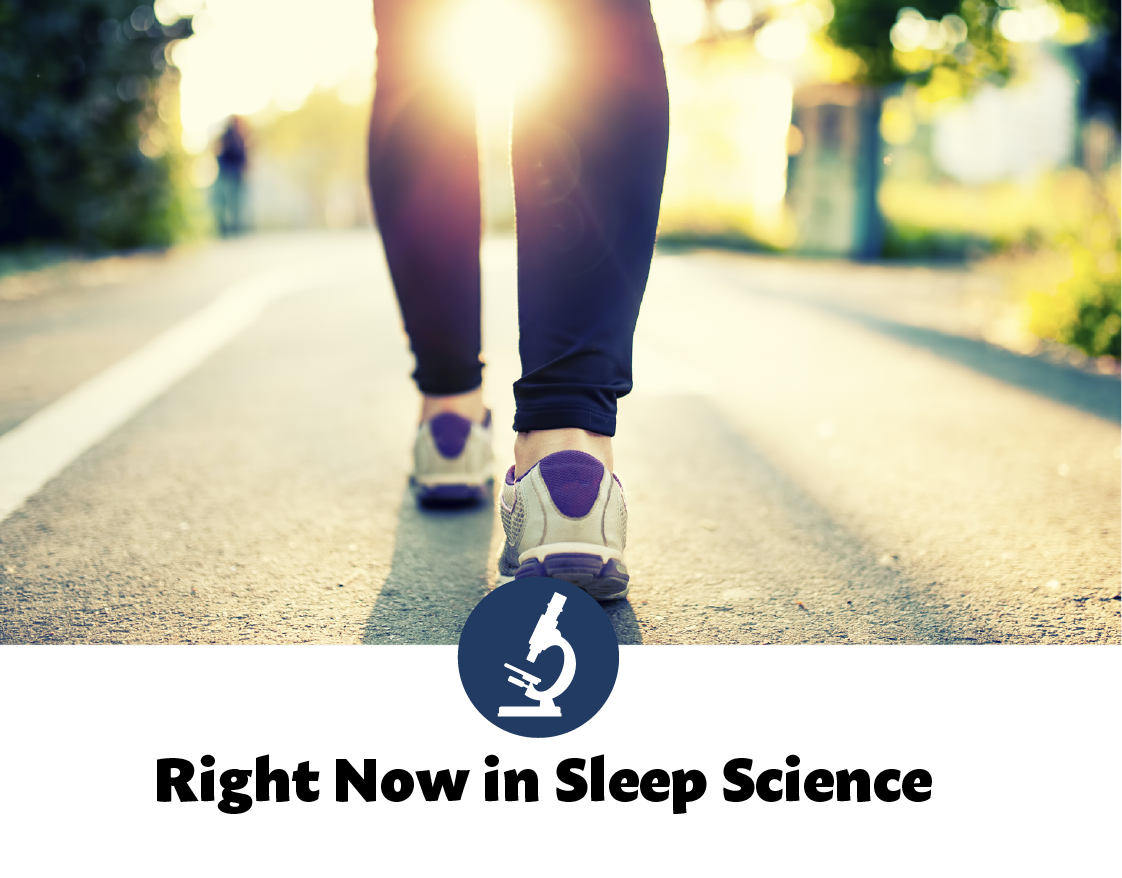A new study shows that getting more exposure to natural daylight could help you fall asleep earlier, especially if you spend time outside during the morning hours. Researchers studied the sleep patterns of over 500 students at the University of Washington in Seattle throughout all four seasons of the year between the years of 2015 and 2018. They found that students went to sleep later in the evening and woke up later in the morning during the winter season, when daylight hours are limited.
Researchers expected the findings to show that students went to bed later during the summer hours, when Seattle has daylight into the late evening hours. The data, however, showed the opposite. In the winter, students went to sleep an average of 35 minutes later and woke up an average of 27 minutes later than the rest of the year.
It’s possible that the students’ circadian rhythms, or the body’s internal clock, are causing the difference. Exposure to outdoor light in the morning appears to advance the circadian rhythms, signaling the body to go to sleep earlier in the evening. Outdoor light, evening on cloudy days, had more of an impact than artificial light.
Journal of Pineal Research. December 2022.



